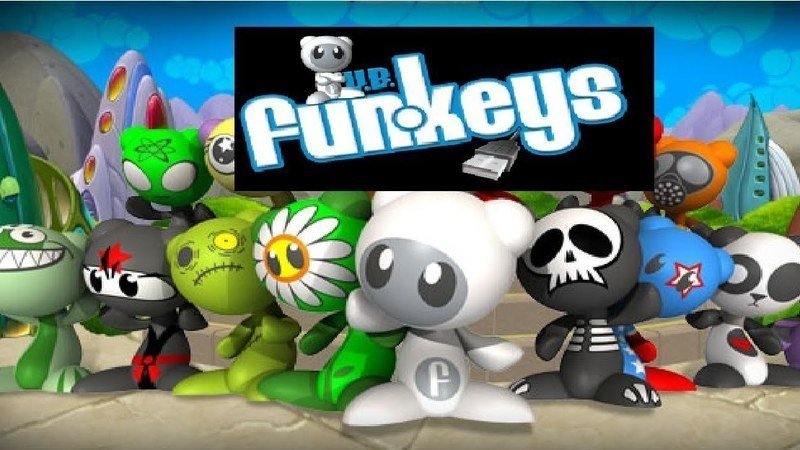Whenever technology and digital media come up in casual conversations I usually find myself discussing them from a pretty negative and pessimistic point of view. In the past I even claimed to dislike technology – which is ironic considering how much I rely on it on a daily basis and the extent to which it makes (my) life easier. I guess my negative attitude is something I have simply been dragging along from my teenage years, especially in regards to social media. When I was in middle school I was so open and vocal about my antagonism against social media that it almost became some kind of personal holy war. Facebook was the most popular social media at the time and I remember being very concerned and saddened about the lengths some of my peers would go to collect the biggest amount of likes they could possibly get. I was even more surprised and upset when I observed that the number of likes a person received actually influenced the way that specific person was perceived by other people: more likes = more value. In addition to that, I had a problem with the “social” in “social media”. I saw people conducting a significant part of their social lives online, in certain cases to the point of entirely substituting face to face interaction. Needless to say, I considered social media a threat to social life.
An obsessive pursuit of likes and an excess of online activity at the expense of human interaction today might sound like unpleasant yet common collateral effects of the mindless use of social media (especially among teenagers) but back then it was a type of social mechanism I had never observed before, which used to cause me a great deal of frustration. Obviously, now I recognize that the problem with social media lies in the approach of the user: sure, it’s easy to give into passively scrolling and get a bit too caught up in our virtual persona, but as users we do have a great degree of agency and we can chose to follow content that enriches us by being in line with our interests instead of making us numb, which reminds me of far better memories I have of my first encounters with social and digital media.
Around the same time that I was passionately hating on social media I was also experimenting for the first time with my dad’s old guitar. I was taking guitar classes, but I wasn’t particularly impressed with the songs my teacher was picking every week and I wanted to choose songs for myself. It wasn’t my guitar teacher who helped me with that but the internet, which provided me with chords for any songs I could possibly think of and more. My dad and I used to talk a lot about music, and he used to tell me that when he was first starting to play guitar he would listen to the song he wanted to play and try to guess what was the right chord at the right moment. On one hand that might have trained his musical ear better and right from the start, but on the other hand I was so happy I didn’t have to spend hours trying to figure out a chord and I could just enjoy playing instead. Similarly, I recall him telling me that whenever he wanted to translate the lyrics of a song into Italian he would ask a friend who could speak a bit of English to try and translate it for him, often sacrificing the accuracy of the translation. Instead, all I had to do was to open Google.
Even though I am still skeptical about the mindless use of digital and social media, I do realize the great potential they hold if engaged with in an optimal way. Today, I am constantly surrounded by technology and I don’t think I could imagine my life without it. Digital media is not something that can be ignored in this day and age, and I am more than curious to explore the ways it can transform and can be transformed by our current society.



Hi Carola,
I really like your personal story of the (negative) way in which you perceived (and still perceive) the extensive use of social media! Current critics of social media focus a lot on the technical side of the algorithims, big data analysis and offer a very broad (meta-level) citicism of social media. Therefore it is great to hear this very basic and universal-personal criticism again: that people do sacrifice real face-to-face contacts by spending more time on social media. Thanks!